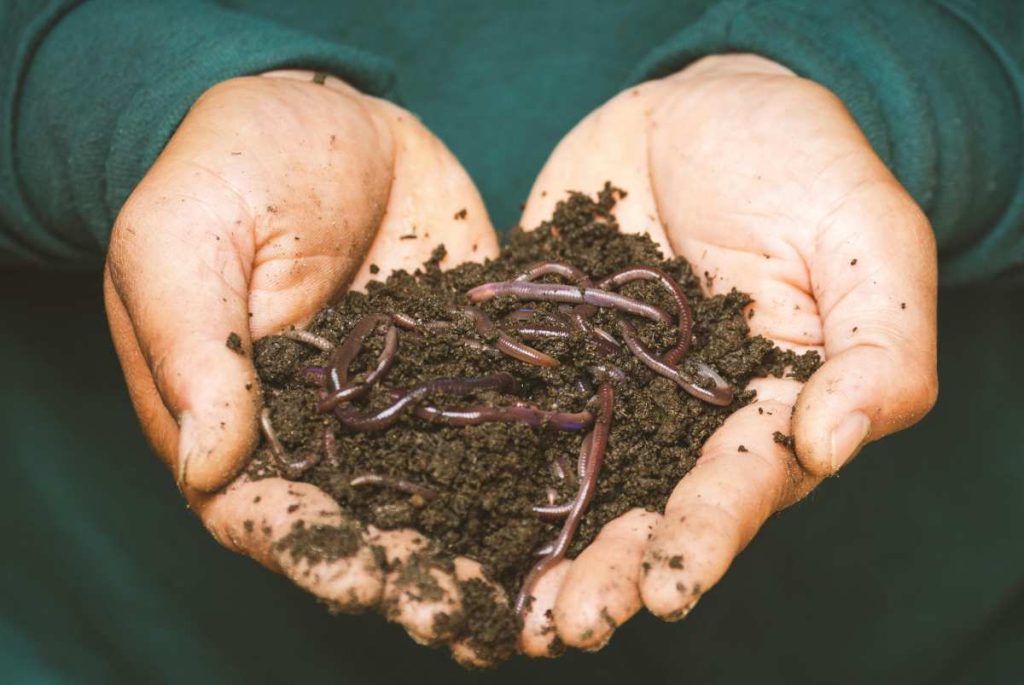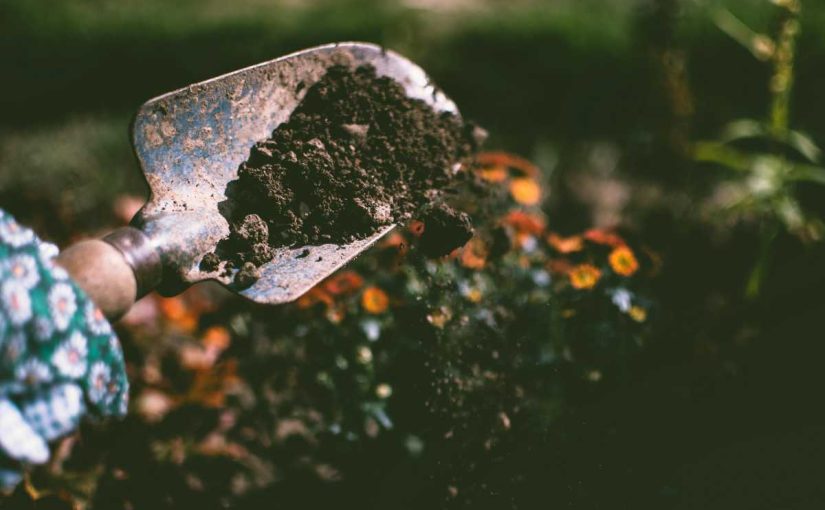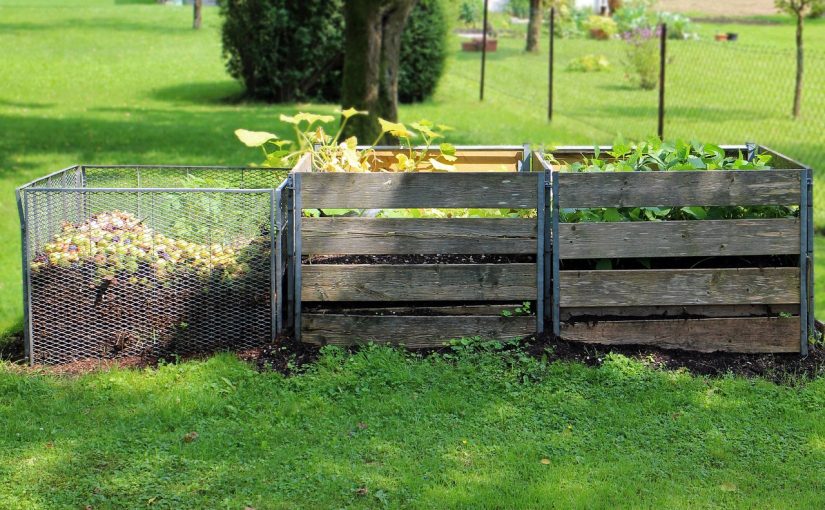Composting is an eco-friendly and rewarding way to recycle organic waste, but it requires consistent care to ensure a smooth process. Proper compost maintenance promotes fast decomposition, prevents unpleasant odors, and results in nutrient-rich, dark, crumbly compost. Here are 7 essential methods for maintaining your compost and ensuring that your composting system remains healthy and effective.
1. Turn Your Pile Regularly
Why It Works:
Turning your compost pile ensures that air circulates through the materials, which speeds up the decomposition process. It also prevents the pile from becoming compacted, which can slow or even halt the breakdown of organic matter.
How to Do It:
Use a compost fork or shovel to turn your compost every 1-2 weeks. Aim for turning the pile every 2-3 days if you want to speed up the decomposition process. This encourages aeration and helps mix the wetter, denser materials with the drier, lighter ones.
2. Maintain the Proper Moisture Level
Why It Works:
Moisture is essential for microbial activity in your compost. Without enough water, the microbes that break down the organic matter will become dormant. On the other hand, too much water can create a soggy, smelly mess.
How to Do It:
Your compost should be as moist as a wrung-out sponge. Check your pile regularly and add water when it feels too dry. If it’s too wet, add more dry carbon materials like straw, leaves, or shredded newspaper to balance the moisture level.
3. Balance Green and Brown Materials
Why It Works:
A proper balance of “greens” (nitrogen-rich materials like food scraps, grass clippings, and coffee grounds) and “browns” (carbon-rich materials like leaves, wood chips, and paper) is key to a successful compost pile. Greens provide the nutrients needed for microbial growth, while browns offer structure and aeration.
How to Do It:
Aim for a carbon-to-nitrogen ratio of about 30:1. If your pile smells or is too slimy, it may have too much nitrogen (greens). In this case, add more carbon-rich materials to balance it out. On the flip side, if the compost is slow to break down, it might need more nitrogen.
4. Keep the Pile Aerated
Why It Works:
Aeration promotes aerobic (oxygen-loving) microbes that break down compost more efficiently and reduce the risk of foul-smelling anaerobic decomposition, which occurs in the absence of oxygen.
How to Do It:
When turning the pile, mix in air by fluffing up the materials. If you’re using a compost tumbler, rotate it every few days to ensure that air circulates throughout. For larger compost heaps, consider using a compost aerator tool to punch holes into the pile to enhance oxygen flow.
5. Monitor Temperature

Why It Works:
Composting works best when the temperature of the pile rises to between 130°F and 160°F (54°C–71°C). At this temperature, microorganisms break down organic matter at an optimal rate, and pathogens and weed seeds are killed off.
How to Do It:
Use a compost thermometer to monitor the temperature of your pile. If the temperature drops below the ideal range, turn the pile to allow air to circulate and reinvigorate microbial activity. Conversely, if it gets too hot, add more moisture or brown materials to cool it down.
6. Avoid Adding Non-Compostable Materials
Why It Works:
Some items in your compost can slow down the process or introduce harmful substances. Items like meat, dairy, pet waste, and diseased plants should be avoided as they can create odors, attract pests, and disrupt the decomposition process.
How to Do It:
Stick to composting vegetable scraps, fruit peels, yard waste, and other biodegradable materials. If you’re unsure about a specific material, do a little research before adding it to your compost pile.
7. Harvest Your Compost at the Right Time
Why It Works:
Knowing when your compost is ready is crucial for using it effectively. Finished compost is dark, crumbly, and has an earthy smell. It should look like rich, loamy soil and have a texture that’s easy to sift through.
How to Do It:
Typically, compost takes anywhere from 2-6 months to mature, depending on the size of your pile and how often it’s turned. Once the compost is ready, sift out large, uncomposted materials (which can be returned to the pile) and spread your finished compost in your garden or on your lawn.
Conclusion
Regular compost maintenance is the key to achieving a healthy, productive compost pile that yields nutrient-rich material for your garden. By turning your pile, balancing moisture, maintaining the right green-to-brown ratio, and ensuring good aeration, you’ll speed up the decomposition process and reduce unwanted odors. Monitoring temperature, avoiding non-compostable items, and knowing when to harvest are all part of the process that helps make your composting efforts successful. With these tips, your composting system will thrive and help you create high-quality, organic matter to enrich your soil and support plant growth.



